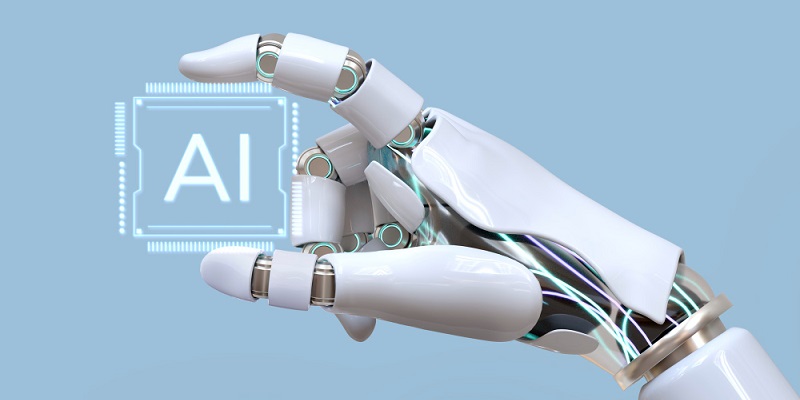In the rapidly evolving landscape of the modern workplace, artificial intelligence (AI) has become a game changer. Its presence has created a visible shift in the industry as more employees strongly desire to leverage this powerful tool for personal career growth, increased productivity, and maintaining a competitive edge. Companies need to acknowledge and address this growing demand by incorporating AI solutions that can support talent mobility and facilitate career advancement.
Employees’ desire for AI solutions
Recent data from Amdocs reveals that over two-thirds (66%) of full-time workers reported their desire for employers to offer AI solutions that can make their lives easier and more fulfilling. They seek automation of tasks such as booking meetings and completing assistant-based tasks, aiming to streamline their workflows and decrease mundane administrative work. Additionally, 28% of employees expressed their interest in AI technologies that can train them in new areas, ultimately expanding their skillset and making them more valuable assets to their organizations. Furthermore, 30% highlighted the need for an AI solution that can scan their resumes and match them to new job opportunities within their existing company, enhancing career growth prospects and promoting job satisfaction.
The Importance of Talent Mobility and Career Growth
Numerous studies and surveys have emphasized the connection between talent mobility and career growth. An overwhelming 85% of respondents in a talent mobility survey ranked career growth as a priority. This highlights the significance of providing employees with opportunities to explore new roles and responsibilities within their organizations. By promoting talent mobility, companies can cultivate a motivated and engaged workforce while simultaneously tapping into the untapped potential of their employees.
Leveraging AI for talent mobility
To enable talent mobility within the workplace, companies can leverage AI-driven technology that aligns employees’ career aspirations with business opportunities. By analyzing employee profiles and their desired career trajectories, this technology can proactively contact employees and offer them new roles and responsibilities, fostering professional growth. Such systems can take into account factors like skills, experience, and preferences, making the talent-matching process more efficient and effective.
Establishing policies for effective talent mobility
Having a clearly defined policy to support talent mobility is paramount. Specific processes need to be established to enable smooth implementation and ensure that talent mobility initiatives are successful. These processes can include mechanisms for identifying internal talent, creating career development plans, and providing resources and support for employee transitions. With a comprehensive talent mobility policy in place, organizations can facilitate seamless transitions while maximizing the potential of their workforce.
AI’s impact on talent acquisition
AI has proven its worth in various industries, and the talent acquisition space is no exception. Its applications include providing an integrated view of an employee’s skillset and identifying any gaps in their current role. AI-powered solutions can make customized recommendations to close these gaps and facilitate professional growth. Additionally, AI technology offers shortcuts for daily work, from automated email composition and scheduling meetings to drafting social media posts. By streamlining these tasks, employees can focus on higher-value responsibilities, contributing to both personal and organizational success.
Embracing AI for Personal and Professional Goals
By embracing AI within the workforce, employees can leverage this technology to unlock their career skills and achieve personal and professional goals. With the ability to automate mundane tasks and provide valuable insights for career development, AI becomes an invaluable asset for individuals seeking growth opportunities. By actively embracing AI, employees can stay relevant in a rapidly changing job market and keep pace with industry trends.
The integration of AI in the workplace has created an unprecedented opportunity to foster talent mobility and fuel personal career growth. Companies that recognize the potential of AI and actively implement strategies to harness its power will empower their workforce and ensure a sustainable competitive advantage. By providing AI solutions that automate tasks, facilitate professional development, and promote talent mobility, organizations can create an environment that promotes growth, engagement, and success for both employees and the company as a whole. It is time to embrace AI as a catalyst for personal and organizational transformation.

